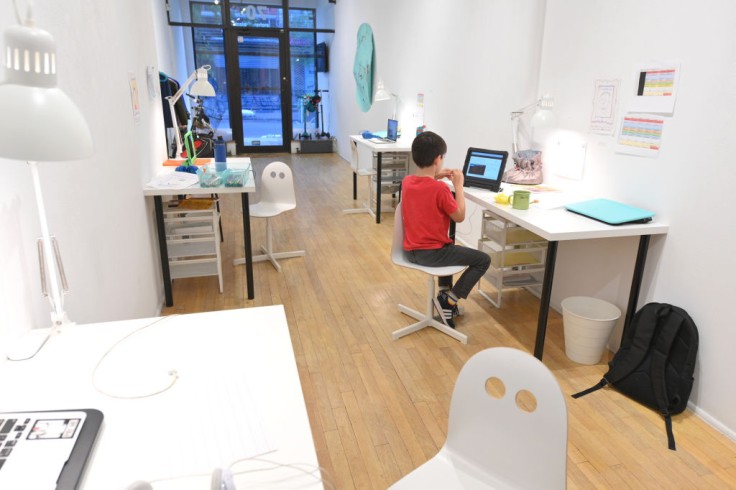
Parents in Texas can now decide if their children should repeat a grade or course if they struggled with online learning during the pandemic. Lawmakers have passed a law giving the parents the option before in-person classes begin this fall.
The legislature, Senate Bill (SB) 1697, has taken effect on June 16, 2021, and will cover families enrolling their kids in pre-K to eighth grade for repeating a grade level for the 2021 to 2022 school year. On the other hand, parents of high school students could sign off on their kids repeating a course to gain better credits for the said school year.
The new law was authored by Senator Angela Paxton and co-sponsored by Representatives Leo Pacheco and Ken King. The new law was written to mitigate some of the fallout and disruptions of online learning and remote instructions. According to the Texas Education Agency, the school might disagree with the decisions of the parents or guardians, but the charter and school districts are expected to abide by their choices.
It means that parents who feel that their children will benefit from repeating must inform the school in writing or contact the school administration as soon as possible. The new law also puts the effectivity of the parent's decision for their entire school career of students in the third grade and below, amending parts of the Texas Education Code.
'It's Good Call'
Mom Maleny Gonzalez believes that the law is suitable for children who didn't get much attention during their online classes in the 2020-2021 school year. Another mother, who also works as a teacher, agreed that the school should allow holding back the student to maximize their academic learning when in-person instructions restart.
Suzy Jo said that her son had trouble with his academics last year because of his ADHD, making virtual learning a challenge. The mother enrolled her son in an in-person summer school to catch up with his academics.
The new law also comes as 25,000 Texas children who were supposed to be in pre-kindergarten and kindergarten skipped enrollment in 2020. According to the educational experts, many families were struggling with a lack of access to hospital care or vaccination and education.
Bridging the Gap
This school year, many educators are hard-pressed to bridge the gap because the deficits will be evident, according to Barbara Triplett, an early childhood education specialist. Teachers will have to be more discerning and circumspect in recognizing which children will need more help with their lessons or development.
Some said that when in-person learning was partially reinstated in the later part of 2020, they noticed a significant number of children with diminished fine motor and literacy skills. To help with this problem, some schools had to enlist occupational therapists.
However, the experts said that most children are adaptable and can develop at "rapid levels" if exposed to high-quality activities. The sooner the kids return to traditional teaching methods, the better it will be for their academic foundation instead of online learning.